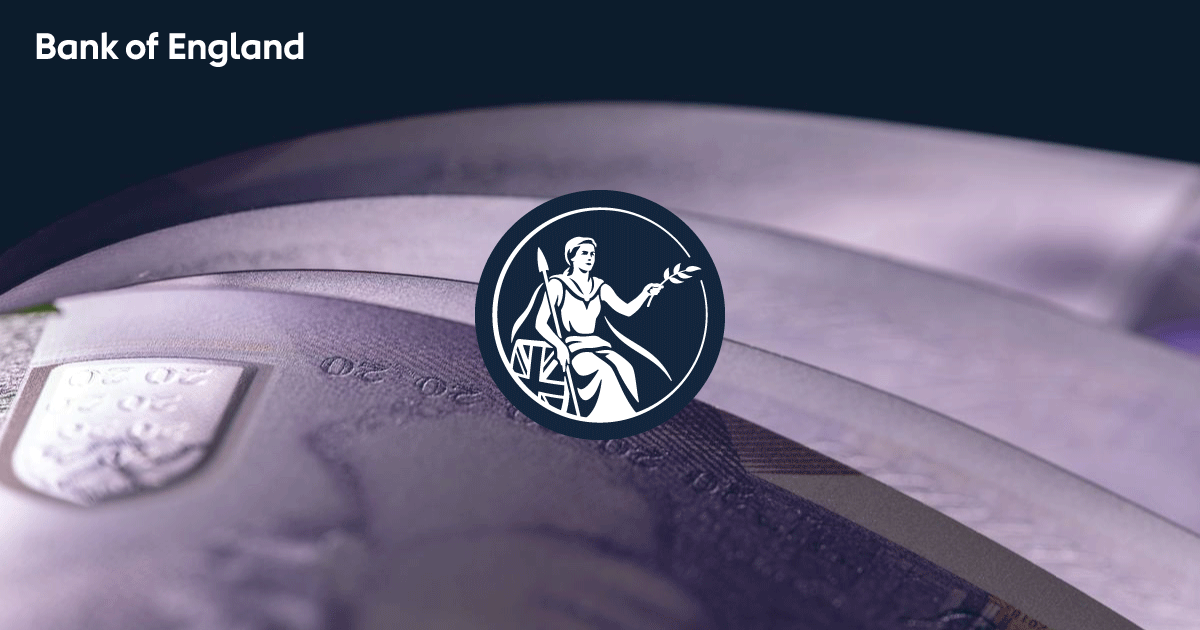You can't believe something just because it's written on a website. It's interesting that the bankofengland has a .co.uk extension (commercial) and not a .gov.uk extension (government) isn't it?
The Bank of England wants you to believe that they are a government owned organisation (owned by the people, for the people right? Yeah right.) As I said in that other thread my opinion is that there is the use of legal structures to cover the people who really own the Bank of England, and this ownership information is protected, you can't find it out. They want you to believe it's government and democratic, and most people fall for it. It's only called the Bank of England to make it sound national and government like, but this is not the reality. It's the same with the Fed in the US, which is owned by a consortium of the Big Banks.
If the Bank of England really was government owned, you'd think it could do a better job of making sure its citizens could actually afford somewhere to live and to put food on the table, but many cannot. The main driver of rising house prices and food prices is the creation of currency from thin air and being pumped into the system. It is amazing how long they have been able to keep the charade going but the housing market is stalling and food prices keep rising. If you really think that it is a "people's bank" that is causing this, then you are the one in La La land. The consequences of the abuse of the system are now surfacing, and it will continue to get worse. The system is unfit for purpose but the people will need to wake up to demand something better, there is only so much that people like me can do if people don't take an interest.
Anyway, I'll leave it there because we've already had this discussion and my views have not changed, and as far as I am concerned the economic situation is playing out according to this view.





